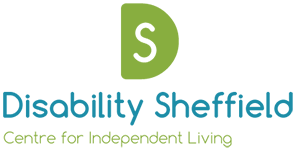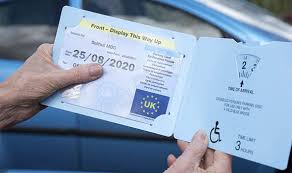People with hidden disabilities and conditions such as autism and Parkinson’s Disease are much less likely to be approved for a Blue Badge, an investigation by the BBC has revealed.
Of 109 councils who responded to a BBC Shared Data Unit Freedom of Information Request, 80% across the UK had higher approval rates for physical conditions. In ten councils the disparity between physical and hidden conditions was more than 50%. This has been criticised by several major disability organisations.
Disability Rights UK Head of Policy, Fazilet Hadi, said “The unequal treatment of disabled people with non-visible impairments in the blue badge application process is truly shocking. Councils need to urgently review their processes. The current failure to provide blue badges to people with non-visible impairments is discriminatory and causing real hardship.”
Tim Nicholls, head of policy and public affairs at the National Autistic Society, added: “These figures highlight the postcode lottery that has developed around blue badges. This must change. Getting a blue badge when you need one shouldn’t depend on where you live.”
James Taylor from Scope also said that the removal of accessible parking bays next to shops and amenities “overnight, without any consultation” to allow for social distancing during the Covid-19 pandemic had had a “massive impact” on disabled people.
Non-visible disability applications began in England in August 2019. The Department for Transport (DfT) said it would review their impact.
You can read the full BBC report by clicking here.





